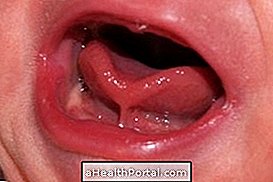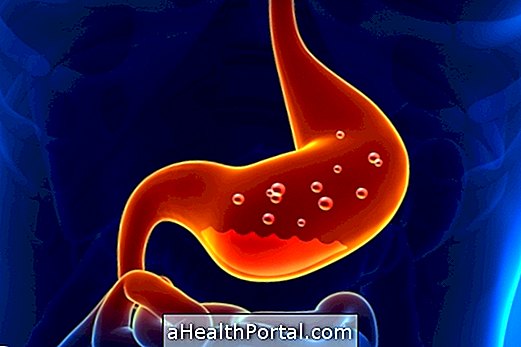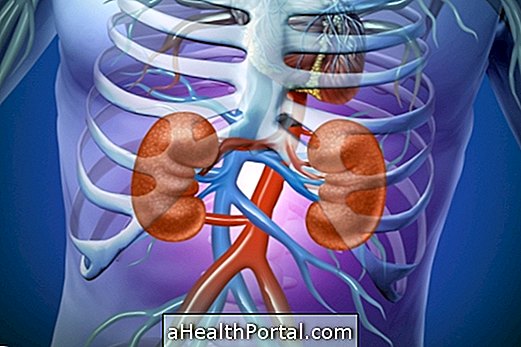Treatment for cancer of the salivary glands should be started as soon as possible after the diagnosis, in a hospital specialized in oncology such as INCA, to prevent it from developing and spreading to other parts of the body, making it difficult to cure and putting life in risk.
Usually, the type of treatment varies according to the type of cancer, the affected salivary gland and the development of the tumor, and can be done with:
- Surgery: is the most used treatment and serves to remove as much cancer as possible. In this way it may be necessary to remove only a portion of the gland or remove the entire gland, as well as other structures that may be infected;
- Radiation therapy: It is made with a machine that points radiation at the top of the cancer cells, destroying them and reducing the size of the cancer;
- Chemotherapy: it consists of the injection of chemicals directly into the blood that eliminate cells that develop very fast, such as tumor cells, for example.
These types of treatment can be used alone or together, and radiotherapy and chemotherapy are often used after surgery to eliminate cancer cells that may not have been completely removed.
In more severe cases where it is necessary to remove more than the salivary gland, the doctor may recommend to do plastic surgery to reconstruct the removed structures, improving the aesthetic aspect, but also facilitating the patient to swallow, speak, chew or speak, for example .
How to prevent dry mouth during treatment
One of the most common symptoms during the treatment of cancer in the salivary glands is the appearance of dry mouth, however this problem can be alleviated with some daily care like brushing the teeth several times a day, drinking 2 liters of water throughout the day, avoid very spicy foods and give preference to water-rich foods like watermelon radish or tomato.
See other foods that help prevent dry mouth in: Foods rich in water.
Symptoms of cancer of the salivary glands
The main symptoms that may indicate the development of cancer in the salivary glands include:
- Swelling or lump in the mouth, neck or near the jaw;
- Tingling in the face;
- Feeling of weakness on one side of the face;
- Difficulty swallowing;
- Constant pain somewhere in the mouth;
- Difficulty opening mouth completely.
When these symptoms arise and there is a suspicion of developing cancer, it is recommended to consult a head and neck surgeon or general practitioner to make diagnostic tests, such as MRI or CT scan, and diagnose the problem by initiating treatment if necessary.
Causes of cancer in the salivary glands
Cancer in the salivary glands is caused by mutations in the DNA of the cells of the mouth, which begin to multiply in excess, leading to the appearance of tumors.
Although there is no explanation for this type of mutation, it is more common in smokers, who are in constant contact with chemicals or who are infected with HIV or Epstein-Barr virus, for example.
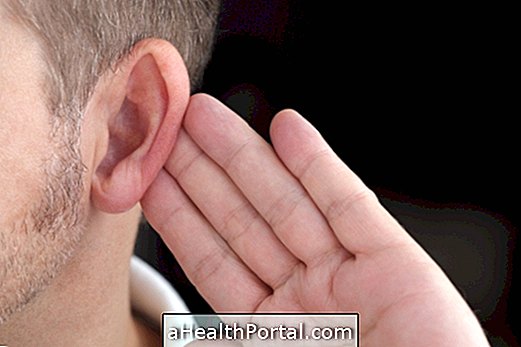

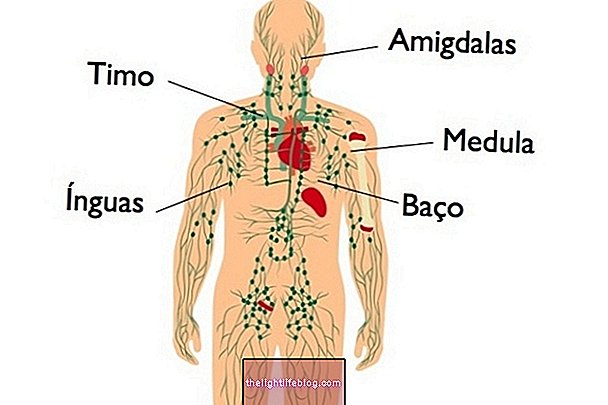


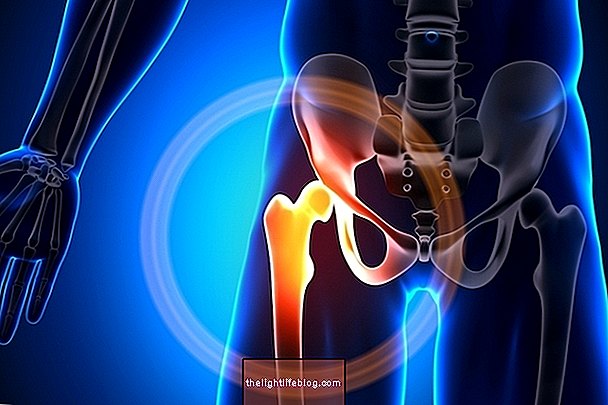

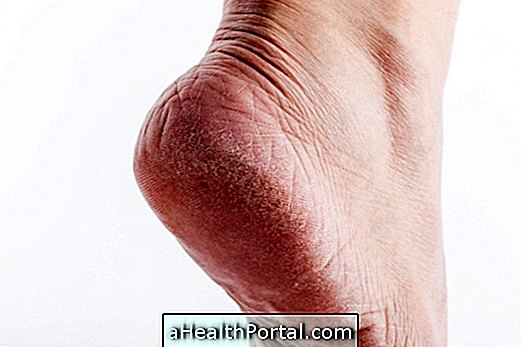



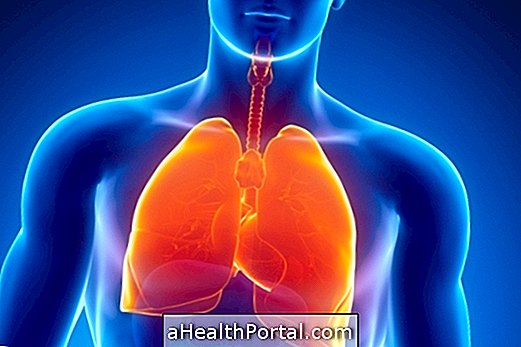
.jpg)
